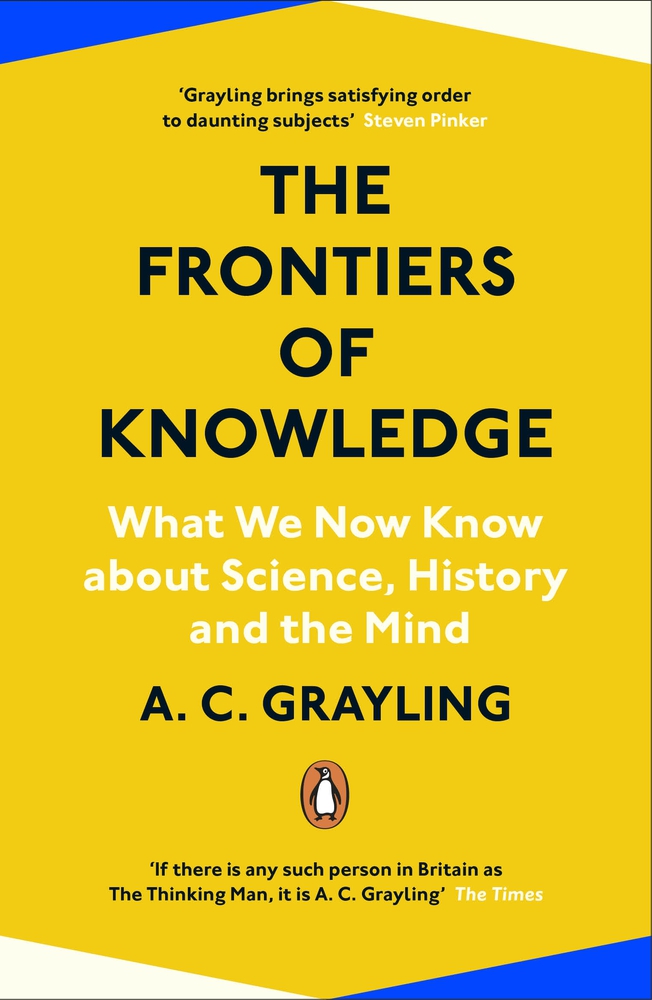What do you think?
Rate this book


456 pages, Paperback
Published August 1, 2022
"The acts of the mind, wherein it exerts its power over simple ideas, are chiefly these three:
1. Combining several simple ideas into one compound one, and thus all complex ideas
are made.
2. The second is bringing two ideas, whether simple or complex, together, and seeing them by one another so as to take a view of them at once, without uniting them
into one, by which it gets all its ideas of relations.
3. The third is separating them from all other ideas that accompany them in their real existence: this is called abstraction, and thus all its general ideas are made."
—John Locke, An Essay Concerning Human Understanding (1690)
The cognitive architecture of our thoughts imposes conceptions of order, causality, linearity, consistency, monotonicity, uniformity, predictability, and so on, which are as useful to conceptualising quantum phenomena as it would be to apply dog-grooming techniques to solving quadratic equations.
History as enquiry lives, develops, changes, fluctuates in focus and meanings, and the best hope of grasping history as the past is to cleave to the evidence, be scrupulous in reasoning, dispassionate in judgment, and never tempted to start from conclusions to bend facts to fit them. In that direction lies the possibility of convergence on a best-supported understanding of the past.
Saying that studying the brain is limited to the study of physical entities would be like saying that literary criticisms must focus on paper and bookbinding, ink and its chemistry, page sizes, and margin widths, typefaces, and paragraph lengths, and so forth. But what about the high abstractions that are the heart of literature—plot and character, style and point of view, irony and humour, allusion and metaphor, empathy and distance, and so on? Where did these crucial essences disappear in the list of topics for literary critics?
Humanity's great strides in knowledge have been achieved at the price of losing a conspectus, a sense of place in time and meanings, a sense of human focus amid the nonhuman and sometimes inhuman immensity of things.
If humanity can survive these first steps - there are no guarantees it will; we are still bedevilled by too much primitivism in our thinking and feeling: we still go to war, quarrel among ourselves, believe nonsense, waste our short lives on trivialities - the way the world, time, and mind will seem to others further along in humanity's story are inconceivable to us now.